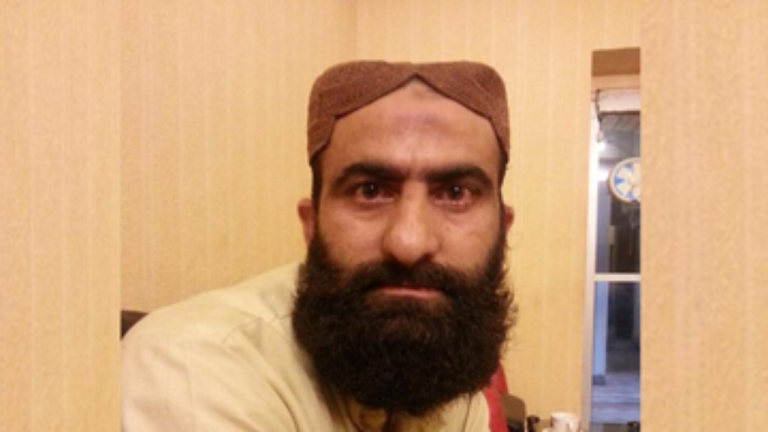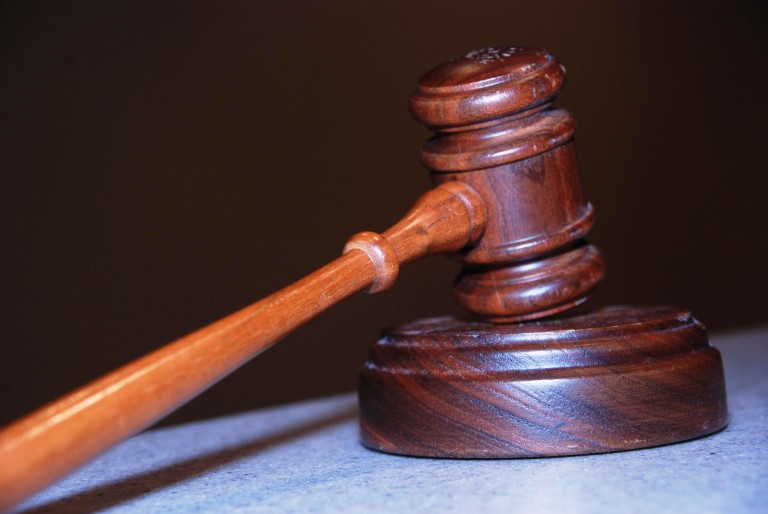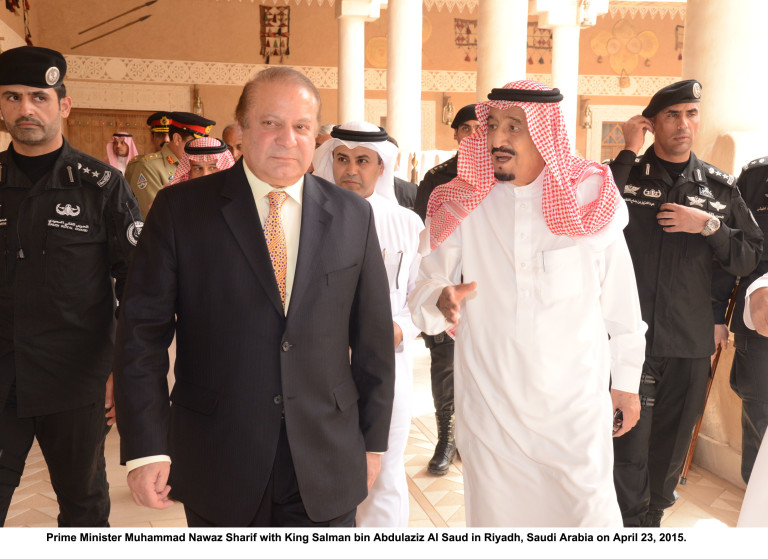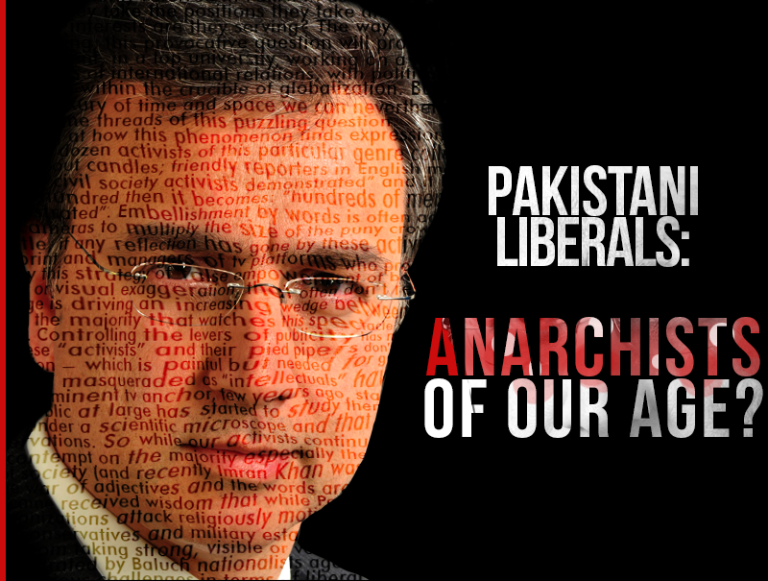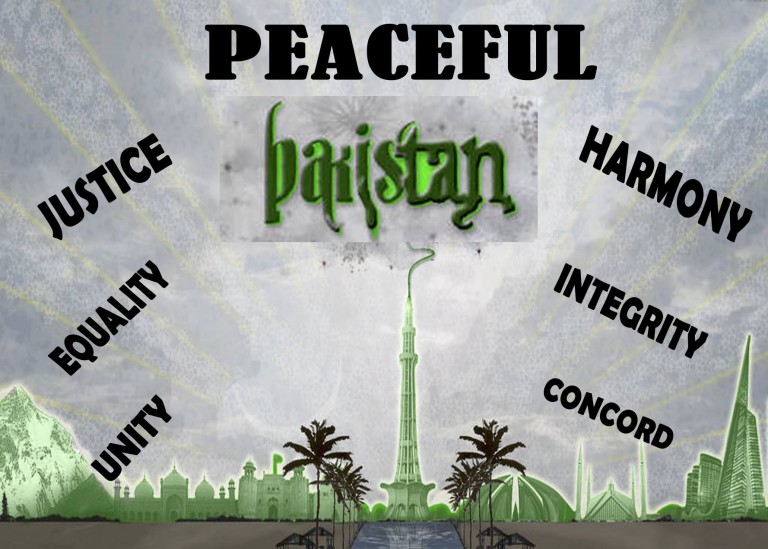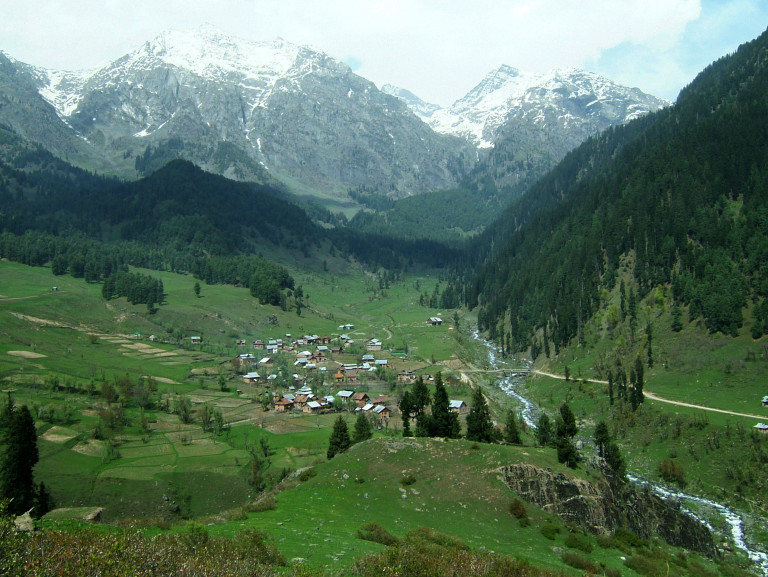Dr. Moeed Pirzada | Kaptaan Times
Term “Civil Society” in Pakistan has become an interesting term, and as this article will explain increasingly confusing. Who are those commonly referred in Pakistan as Civil Society and liberals? What is their relation with the mushrooming brigades of western funded NGO’s? How this motley crowd of crusaders take the positions they take and what do they really want? Whose interests are they serving? Is there a relation between “funding hand” and the “ideas” espoused by our liberals and the NGO’s?
The way things are and increasingly becoming, this provocative question will probably need a determined Phd student, in a top university, working on a thesis that combines the disciplines of international relations, with political theory, history and finance all within the crucible of globalization. But while we don’t have that luxury of talents, time and space we can nevertheless pick up some threads of this puzzling question. May be we end up helping our hypothetical PhD student!
Lets start by looking at how this phenomenon finds expression in media. The moment two dozen activists of this particular genre collect at any point with or without candles; friendly reporters in English media refer to this as: “large number of civil society activists demonstrated” and if by luck such activists are more than a hundred then it becomes: “hundreds of members of civil society demonstrated”. Embellishment by words is often accompanied by panning of cameras to multiply the size of the puny crowds to lend respectability.
Little, if any reflection has been done by these activist leaders and the editors in print and managers of tv platforms who promote them that how increasingly this strategy of false empowerment of borrowed ideas, through textual or visual exaggeration – that often don’t resonate with the society at large – is driving an increasing wedge between the so called, “civil society” and the majority that watches this spectacle with mounting levels of disdain. Controlling the levers of propaganda has many negative consequences; but one is: those “activists” and their pied pipers who have this power often don’t suffer the need for introspection – which is painful but needed for genuine growth. Alarm bells should have ringed when recently groups perceived to be militant in nature and armed with one or the other sect’s “muscular ideas” have started calling themselves as “civil society”. Perhaps it remains for this article to compel them and their pied pipers to do what has been called: brainstorming.
What our “activists” masqueraded as “intellectuals” have never realized that ever since a prominent tv anchor, few years ago, started calling them as “liberal fascists” public at large has started to study them and their behaviour on a petri dish under a scientific microscope and that has yielded some interesting observations. So while our activists continue to pour all kinds of abuse and contempt on the majority especially the conservative and religious sections of society (and recently Imran Khan was added to this list) others too have joined in the war of adjectives and the words are getting shriller and shriller.
Over the past few years, it almost became received wisdom that while Pakistani liberals and human right organizations attack religiously motivated militants, religious ideologues or conservatives and military establishment or media with relish they shy away from taking strong, visible or vocal positions against drone strikes or the violence perpetrated by Baluch nationalists against non-Baluch. Ironically, Both issues posed serious challenges in terms of liberal theory.
First have a look at the “US Drone strikes”. This practice – that has never been officially acknowledged to this day – allows CIA to assume the multiple roles of complainant, prosecution, judge, jury and executioner in one single entity which is a huge affront to the whole concept of “due process of law” but those generally paraded as Pakistani liberals and human right organizations failed to take any meaningful position, anything close to a stand on that grotesque practice. If that represented a well thought and well spelled acquiescence to a complex ground reality, a kind of “realism” or “real-politick” then it would have been understandable.
But the same set of liberals and right groups also took and still take a strong position against death penalty in a country where almost 15000 homicides a year have taken murder rate to almost 8 per hundred thousand as compared to 1 in Saudi Arabia and 3.5 in India. Even “real-politick” of Kissinger might have been strained under the burden of this kind of hypocrisy.
In contrast to US Drone strikes, which even at best is an “opaque decision making” by an unaccountable executive; capital punishment in Pakistan is an open transparent process that passes through five levels of review: trial court, high courts, supreme courts, and Supreme Court review and mercy petitions. The possibility of relatives forgiving the murderer with or without blood money as seen in Shahzeb case or Raymond Davis adds further depth and multiplicity of options available to the defendant. True, European Union and many other countries have a strong position on “death penalty” which has steadily grown in their cultural milieu over the past two hundred years over but Pakistani liberals’ inability to fathom the disconnect of their ideas from their own peculiar societal, and religious context has been surprising – to say the least.
If you add to this Pakistani liberals’ total disregard for or “insensitivity” to the feelings of countless millions of Pakistanis revolting against “crime against person” or the challenges faced by the state reeling under the pressures generated by that dissatisfaction then you start to wonder who our liberals truly represent? Could it be that their positions presented as principles or convictions arise in a cerebral void? Could it be that their positions – without sympathy or regard or understanding of the society they pose to represent – are merely aligned with the European Union that is a generous donor to many NGO’s and their projects from time to time. Could there be a nexus between “funding” and “ideas”?
The position in case of Baluch insurgents also raises similar doubts. Any student of political science will know that western societies after the end of Habsburg era or remnant of Holy Roman Empire have generally remained wary of religious movements but are sympathetic to ethnic or subnational aspirations. Western interests in Baluchistan, its strategic location, its resources and its space for nefarious interventions inside Iran are also well known. In the circumstances Pakistani liberal’s ferocity in taking positions against highhandedness of law enforcement agencies like Frontier Constabulary but total inability to take any meaningful positions on the violence perpetrated by Baluch militants against non Baluch residents, state infrastructure of gas pipelines and electric grids, communications and transport again unfortunately suggests their pandering only to concerns or interests originating beyond the borders of Pakistan.
Most non-Baluch residents of the province started to settle there towards the end of 19th century when British brought them for structural expansion or administrative managements and many – more than a million according to some estimates – were forced to leave due to fear of target killings. This “forced migration” was a huge human tragedy. But none of that ever forced Pakistani liberal and right organizations to ponder, reflect or take a clear pronounced position or to show the kind of “real-politick” understanding towards Pakistani state’s challenges of law enforcement and preservation of vital interests which they so conveniently exhibited in case of US drones.
Similarly liberals remained generally quiet on whatever atrocities happened or surfaced in the Indian occupied Kashmir, for instance the discovery of mass graves. When one connects these points an unmistakable impression starts to emerge that Pakistani liberal and human right organizations, euphemistically referred to as “civil society” are not driven by universally applicable principles of rights and obligations or human sympathy but operate in a larger political context of globalization.
Is there something wrong with this? Yes! Because their concerns, their priorities, their preferences don’t take shape within the cauldron of Pakistani challenges. Instead the issues they agitate are mostly in sync with changing global political agendas. Most NGO’s or linked liberals keep shouting against the agendas imposed from Saudi Arabia or Iran. Little have they realized that their exclusive reliance on “western ideas” and their inability to think originally within the context or framework of Pakistan and its challenges makes them very similar to various groups of religious fanatics who keep on offering themes of “true Islam” or “Khilafat” as panacea for the problems of a troubled state – without realizing that ideas of one age or space have to be transliterated into another age or space for these to have any meaning. Both liberals and Islamists in an ironic way can be understood as “anarchists” spreading increasing social and political chaos.
Both, liberals and the Islamists, standing on the opposite ends of the same spectrum, and facing each other, firmly believe in the absolutism and truth of their borrowed ideas; both lack the ability to breakdown ideas into their components to discover the applicable principles. Problem lies neither in the Islam nor in the West; it lies in our “activist’s” failure to interpret principles from the morphology of borrowed ideas and to apply them to the unique challenges of time and space.
The recent misinformed and totally fabricated debate whether death row convict, Shafqat Hussain, was a juvenile at the time of his trial was an interesting example of how Pakistani NGO’s blindly supported by brigades of self-declared liberals advance “global political agendas” without realizing how these antics further strain a fragile, impoverished and struggling Pakistani state. International NGO’s like Reprieve, Human Right Watch and Amnesty International were seen closely coordinating their aggressive commentaries with the Pakistani NGO’s Justice Foundation and Pakistan Human Rights Commission. Even UN offices in Geneva were misinformed and they ended up issuing warning of concern, on “juvenile executions” to Pakistani government.
Was a juvenile being executed? In case of Shafqat Hussain, controversy was deliberately generated by planting the idea that he was a juvenile at the time of his trial for abduction and murder of a seven year old in 2004. The public relations strategy looked like a well-rehearsed script from, Barry Levinson’s brilliant, 1990’s “Wag the Dog”. Ten years after the murder and first trial, secretary of a town committee in Neelum Valley, Azad Kashmir was persuaded to issue a Birth Certificate on the basis merely of the affidavit by mother of Shafqat that described his birth in Oct, 1991; it was to be used to challenge the multi-layered judgments of Police, several tiers of courts, Citizen Police Liaison Committee, media footages, criminal records and all official documents. Anyone dared to disagree with the contentions of NGO’s and liberals was condemned as either as a pathetic liar or inhuman sadist bent upon executing innocents out of disregard for human life.
Schemers forgot that “lie has no feet to stand upon”. If that birth certificate were accepted true then Shafqat Hussain was only 12 years when he was arrested for abduction for ransom and murder of a 7 year old child in Karachi. Plan flopped because tv channels like Dunya News and others jumped in and found massive evidence that discredited the fictional theory of the trial of a juvenile murderer – for instance the “mug shots” we obtained from Criminal Records Office showed the same young man with moustaches. But it’s interesting to realize that Pakistani NGO, along with its international partners, was working on a plot of bigger size and scope. It embarked on a well thought out grand ambition, along with its international partners like Reprieve, to throw a spanner in the Pakistani initiative of reinstituting Capital punishments. Fabricated evidence mysteriously appeared to bolster a larger public relations exercise to demonstrate to the whole world the utter failure of the whole criminal justice system in Pakistan– a system where children were being hanged. In other words, NGOs were attempting to thwart the will of the Pakistani nation as expressed by their parliament and political parties in total disregard of the circumstances in which such consensus was shaped.
The liberal design, that becomes apparent, therefore is to draw strength from western institutions, media or even governments to achieve policy change or politically significant results within a less sovereign country, like Pakistan, where ruling elite– unlike Iran, India or Turkey – are always seeking legitimacy from the west. This is in sharp contrast to the liberals in the west who challenge the dominant authority or powers without any hope of support from abroad or anywhere. Pakistani liberals in an interdependent global world operate in they may look “western in outlook” since they derive support from liberals in the west, in terms of political behaviour Pakistani liberals and linked NGO’s are totally different political creatures. Western liberals exist by the strength of their ideas, intrinsically linked with their social orders and derive legitimacy from the organic growth of their history; Pakistani counterparts exist in a social void, like planted proxies, divorced from their realities and merely deriving strength from western organisations.
But whose interests are being served or will be served by NGO’s or broadly speaking civil society in such a close external nexus that involves political support, media jostling and financial linkages from outside the country for project management and causes? This is a common sense question but often met by Pakistani liberal and right organizations with shrill outbursts of anger and accusations interlaced with lectures of righteousness. Pakistan Human Rights Commission (PHRC), which was also active along with Justice Foundation, is an interesting example. Its title represents an interesting misnomer. Commission is a term that is often understood as a high powered body appointed by a government. Most people in Pakistan confuse Pakistan Human Right Commission and its authority with entities like Higher Education Commission (HEC) or Public Services Commission (PSCP). One wonders how come a NGO run by a closed community of few select people, and registered under Societies Act decides to call itself as a Commission. Also its website remains silent about the size and sources of its funding and questions asked by media regarding funding are treated with silence or outright anger.
Now look at this example. In its latest press release, of 28th March titled: “Youhanabad Incidents: HRCP for fair handed probe” HRCP called upon the law enforcement agencies to conduct their probes into the lynching and burning alive of two Muslim men by the Christians with fairness. “Christians in Lahore, in a fit of rage after the terrorist attack on a Church, burnt alive two Muslim men in the suspicion of their being linked with terrorist attack.” Though the worthy NGO never made such a case when Police harassed the Islamists or anyone suspected of sympathetic with them, but we can ignore that little bit of double standard for a while since taking a stand for fair enquiry and against harassment of communities by Police is what HRCP is supposed to do. However HRCP probably did not realize the oddity of its arguments when it said: “..some allowance has to be made for the eruption of mob anger after the provocation caused to the victims after the attack on two churches..”. [HRCP Press Release, 28th March 2015].
Herein lies the tragedy of mental impotency; HRCP under pressure to please its particular audience, insisted on looking at the whole situation from a Muslim/Christian lens, forgetting that mob in country’s cultural centre had burnt alive two men; HRCP also forgot that ISIS after the gruesome act of burning alive the Jordanian Pilot in Syria had given the explanation that Pilot’s bombing was responsible for the killing of their people, including children on ground. By and large this was the argument that Al Qaeda and Taliban and all reactionary movements had made to defend their savage actions since 9/11. On most occasions HRCP had taken a strong position against this line of thinking then what compelled them to change their mind now? Our hypothetical PhD student must look at this, but in all probability HRCP like many other NGO’s busy with activism without much labour of real thinking and responsive only to its donors never realized what it was saying, what it meant and what the wider implications are.
But the nature of these observations or concerns about the perceived double standards of Pakistani liberals and human right organizations were already received wisdom of the past several years especially since 9/11 when western governments, institutions, media and NGO’s took a renewed interest in Pakistan and the region around. However the events of later half of 2014, when Imran Khan’s PTI launched a popular movement against the widely believed elections rigging then the knee jerk reactions of those who are perceived as liberals and human right activists gave some very interesting new clues about their “real values” and the nature of politicization these communities and organizations have undergone.
Model Town tragedy at Minhaj ul Quran is a case in point. Government controlled and directed police, in the heart of Punjab, in Pakistan’s cultural and civilizational centre shoots down almost 100 persons, including women and young and ends up killing 14. Police had neither the legal justifications nor it gave any advanced warning of its actions or their context (contrast with Ranger’s current well publicized and planned drive against barriers in Karachi). This technically was a classic case of government perpetrated terrorism; it could also be construed as state terrorism. The silence of Pakistani human right groups and their allied western NGO’s was deafening. There was not a squeak.
In the months and weeks as Pakistani government wanted to control an opposition movement against it, unprecedented highhandedness was displayed in physical and legal sense, arbitrary administrative decision making leading to cities of Punjab incarcerated behind containers. While all this emerged on tv screens Pakistani liberals and human right groups – not allies of the PMLN govt in general – were silent like death. Not only this, their political commentaries often belittled or justified these arbitrary actions. International media on both sides of the Atlantic and NGO’s not only ignored the human right violations in Pakistan but often took positions supporting the government actions. Tweets of Kenneth Roth, Executive Director, Human Right Watch in New York were particularly interesting for their political biases and for conveniently ignoring the often espoused human right concerns.
This contrast became all the more interesting when during this period student protests erupted in Hong Kong against China. In terms of size, scope, and nature of demands or level of violence or highhandedness by authorities the student protests in Hong Kong were a puny affair as compared to the political movement erupting in Pakistan. But the interest and frenzied sympathy of international media and all human right organizations and NGO’s was spectacular. If a proof was needed that how western human right organizations and NGO’s operate in the larger context of western foreign policy interests and biases then it was it. In Hong Kong building pressure on China was needed, in Pakistan status quo delivered by 2013 elections was required so Nawaz government had to be supported and rescued. Political contours of the events and nature of western interests at that stage and why they did not approve of Imran Khan and PTI or a political transition in Pakistan can be appreciated; these don’t suggest any permanence of interests between Nawaz govt and the western institutions. What it did reveal was a striking synchronization of value judgements or perhaps interests between western governments, media, NGO and Pakistani NGO community. Pakistani liberals and right groups were not necessarily pro-government; their behaviour has to be understood in the larger context of globalization of power relationships. At another moment in Pakistan’s turbulent history when western foreign policy interests may change then international media, NGOs, human right organizations can very well take a position inimical to Nawaz government. What will Pakistani liberals and NGO’s do then? Will they be espousing principles of “democracy against populism” or will find some new definitions to sync them with changing international political agendas? This remains as an interesting question.
If these power relationships between activists and opinion makers of what is described as “civil society” and western institutions remains the way it is then tomorrow if Imran Khan and PTI strike an equation and become acceptable to the western power centres then Pakistani liberals will suddenly discover Churchill’s leadership and Habermas’s understanding in their hiterthto “Naïve Taliban Khan”.
Perhaps our hypothetical PhD student will like to examine the impact of Kerry Lugar Bill on Pakistani civil society. Whether it was the intention of the US legislators or it happened as default we cannot be sure; but principles of direct funding to individuals and so called, “civil society” has greatly empowered activists who masquerade as “thought leaders”. This is perhaps the biggest lasting legacy of KLB, because it has created a network of financial obligations that take myriad form of direct payments, scholarships, training courses, institutional attachments, trips and visits to foreign countries and coveted places. Other funding sources come from EU for different causes. All that has created a loosely arranged virtual community that could not have functioned without these financial flows. It’s only common-sense that financial interests and dependence affect causes of the activists in ways that they perceive will sustain the relationships.
However the growing disconnect between what is described as liberal civil society and country at large will make it increasingly difficult to achieve whatever good could have been possible otherwise. This is an altogether different debate beyond the scope of this article, but organizations like Justice Foundation are also needed to act as watch dog on a criminal justice system that desperately needs genuine reforms. Justice Foundation’s and its partners zealous over ambition and attempted over-reach in politicizing the Capital Punishment is unfortunate, and now not only Justice Foundation but others in the NGO community have to work hard to restore the lost credibility. Only our futuristic hypothetical PhD student will be able to determine if NGO’s and their donors were able to learn from the failure of their over-reach.
